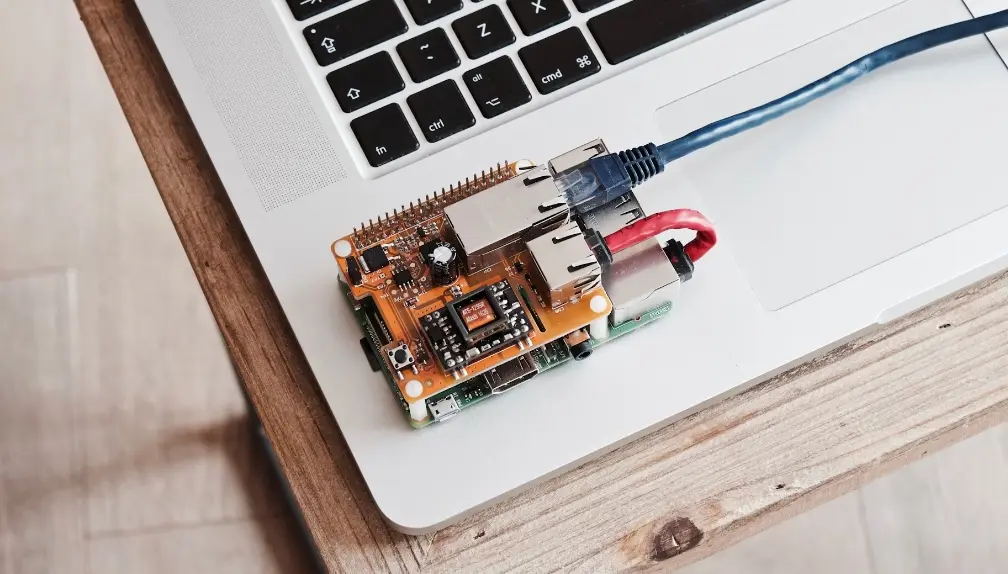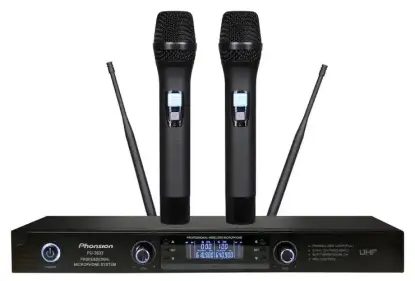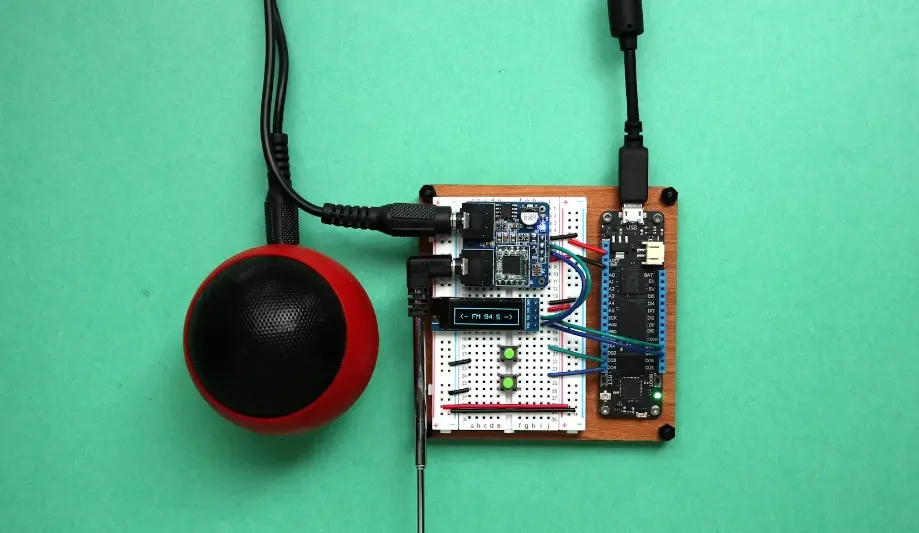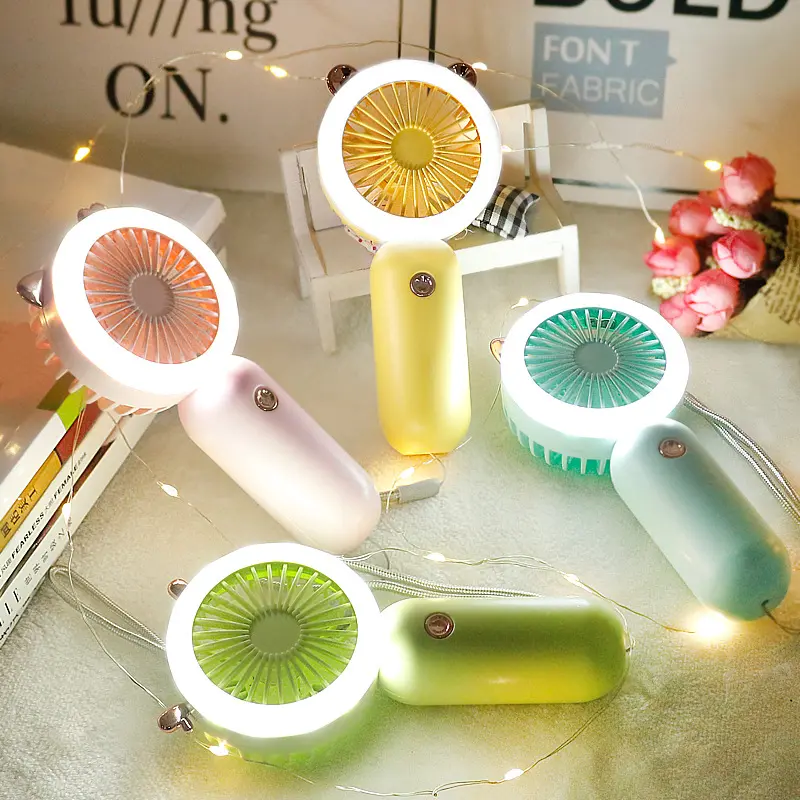
What is the EN71 Toy Safety Standard?
Child safety has always been a focus of attention worldwide. Since children lack safety awareness, toys, as their longest companions, can cause significant harm if their quality is substandard. Therefore, various countries have their own standards for toy imports: Europe has the EN71 certification, the United States has the CPC Certification, and China has the GB6675 certification. If products are found to be unsafe, they may face customs detention, product recalls, fines, and other penalties.

What is the EN71 Directive?
The EN71 Directive is one of the toy safety standard directives under CE certification. Toys for children under 14 years old must undergo CE certification according to the EN71 directive. Only after passing the relevant tests can they obtain the CE certificate. The EN71 standard specifies the technical requirements for toys entering the European Union market to reduce or prevent harm to children.
EN71 is the regulatory standard for toy products in the European market. Children are the most cared-for group in society, and the toy market, beloved by children, is developing rapidly. However, due to various quality issues, toys occasionally cause harm to children. Consequently, countries around the world are increasingly strict about the toys sold in their markets. The EN71 certification is seen as a passport for manufacturers to enter the European market and allows them to sell within EU member states.
EN71 Toy Applicability:
The EN71 standard applies to a wide range of toys, including plush toys, plastic toys, paper toys, electronic toys, wooden toys, metal toys, leather toys, educational toys, early learning toys, fiberglass toys, children's cars, and other miscellaneous toys.
EN71 European Toy Safety Standard
Importance of the Standard:
The EN71 standard, established by the European Committee for Standardization (CEN), aims to ensure toy safety and prevent children from being harmed while playing with toys. This standard is based on scientific research and best practices and is regularly revised to reflect the latest technological and regulatory developments.
Overview of the CE-EN71 Standard:
CE-EN71 involves European standards related to toy safety. These standards outline the safety requirements for toys sold within the European Union (EU). They aim to ensure that toys on the EU market are safe for children to use. The EN71 standard covers various aspects of toy safety, including mechanical and physical properties, flammability, chemical properties, and labeling requirements. The "CE" mark indicates that the product complies with the essential requirements of the relevant European directives. The EN71 standard is divided into several parts, each covering different aspects of toy safety.
Important Parts of EN71:
- EN71-1: Mechanical and Physical Properties: This part covers requirements related to the mechanical and physical properties of toys, including their size, shape, and strength.
- EN71-2: Flammability: This part addresses the flammability of toys and sets limits on the flammability of certain materials used in toys.
- EN71-3: Migration of Certain Elements: It sets limits on the migration of certain harmful elements (such as heavy metals like lead and cadmium) in toy materials.
- EN71-4: Experimental Sets for Chemistry and Related Activities: This part deals with chemistry sets and similar products, outlining the safety requirements for these types of toys.
- EN71-5: Chemical Toys (Sets) Other Than Experimental Sets: This part covers chemical toys (excluding chemistry sets) and sets safety requirements for these toys.
- EN71-7: Finger Paints: It specifies the safety requirements for finger paints often used by young children.
- EN71-8: Swings, Slides, and Similar Activity Toys: This part covers the safety requirements for toys such as swings, slides, and other outdoor play equipment.
- en71-9: Organic Chemical Compounds - Requirements: It focuses on the safety requirements for certain organic compounds in toys.
- EN71-10: Organic Chemical Compounds - Sample Preparation and Extraction: This part outlines procedures for preparing and extracting organic compounds from toys.
- EN71-11: Organic Chemical Compounds - Analysis Methods: It provides methods for analyzing organic compounds in toys.
These standards aim to ensure that toys sold in the European market are safe for children to use and do not pose any risk to their health or safety. Manufacturers and toy distributors must ensure their products comply with these standards and carry the CE mark to demonstrate compliance.
Email:hello@jjrlab.com
Write your message here and send it to us
 What is FCC Class A vs. Class B?
What is FCC Class A vs. Class B?
 UL Standards for Electrical Equipment
UL Standards for Electrical Equipment
 Is UL Certification Required in the USA?
Is UL Certification Required in the USA?
 Wireless Microphone Export Certification
Wireless Microphone Export Certification
 Audio-Visual Products SNI Certification in Indones
Audio-Visual Products SNI Certification in Indones
 FCC-ID: Still Needed if Module is Certified?
FCC-ID: Still Needed if Module is Certified?
 FCC Certification Fees for Handheld Fans
FCC Certification Fees for Handheld Fans
 FCC Certification Testing for Smart Lighting Produ
FCC Certification Testing for Smart Lighting Produ
Leave us a message
24-hour online customer service at any time to respond, so that you worry!




